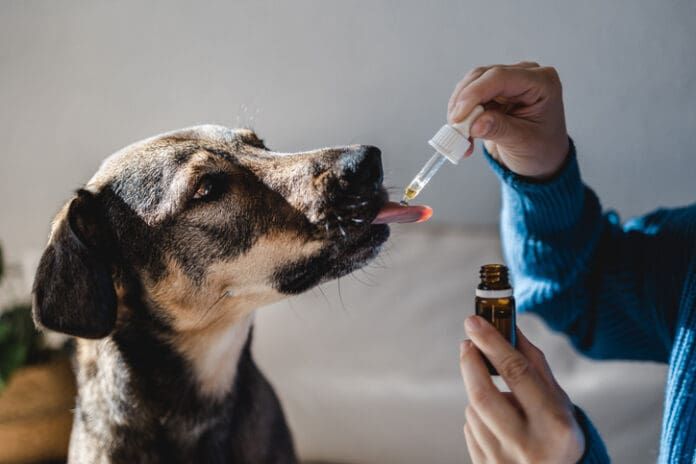Kitchen herbs may seem lackluster without trendy, exotic sounding names but some of the most useful and safest herbs for animals are stored in our kitchens.
Fennel seed represents a good option for relief of gastric discomfort. A cooled tea works very well for this purpose; one teaspoon of the dried seeds in eight ounces of boiling water, steeped until cool. The tea can be fed at a rate of two to four tablespoons for each 20 pounds of your dog’s body weight, or it can be added to his drinking water, as generously as he will tolerate.
A glycerin tincture also works very well, and allows the convenience of a smaller dosage for finicky animals; 10-20 drops (or more precisely, up to 0.75 ml) per 20 pounds of the animal’s weight, as needed.
Fennel is high in vitamins C and A, calcium, iron, potassium, and varying amounts of linoleic acid. It is an especially good nutritional adjunct for dogs whose chronic indigestion cannot be attributed to a specific disease entity. Fennel also helps increase appetite, and freshens the breath – thanks to its antibacterial activity in the mouth – and by minimizing belching.
Fennel also has estrogen-like properties, which may explain why the herb has been used for centuries to increase milk production in nursing mothers. Some herbalists find that fennel helps alleviate urinary incontinence in spayed dogs by acting on hormone imbalances that contribute to the problem.
For more herbal and holistic remedies for your dog, purchase and download the ebook series from Whole Dog Journal, Holistic Remedies.






